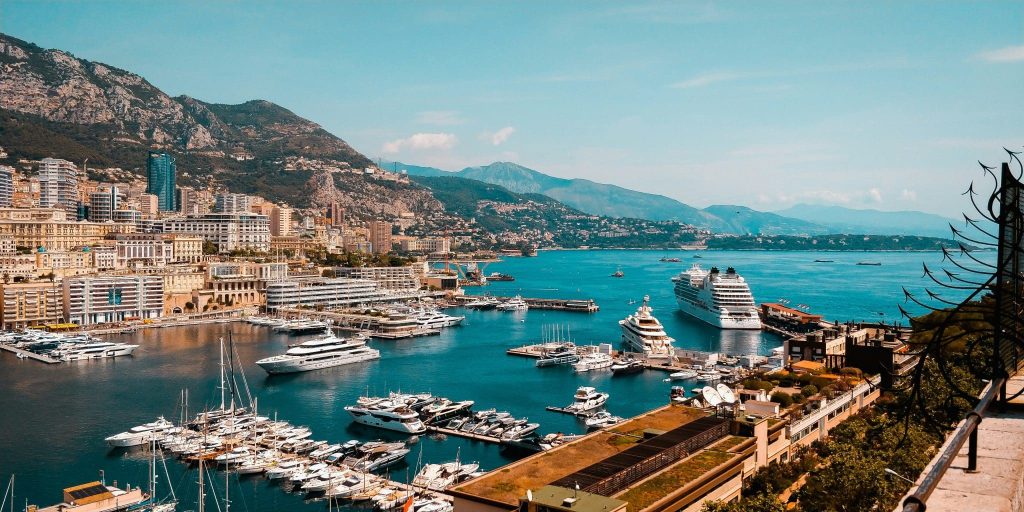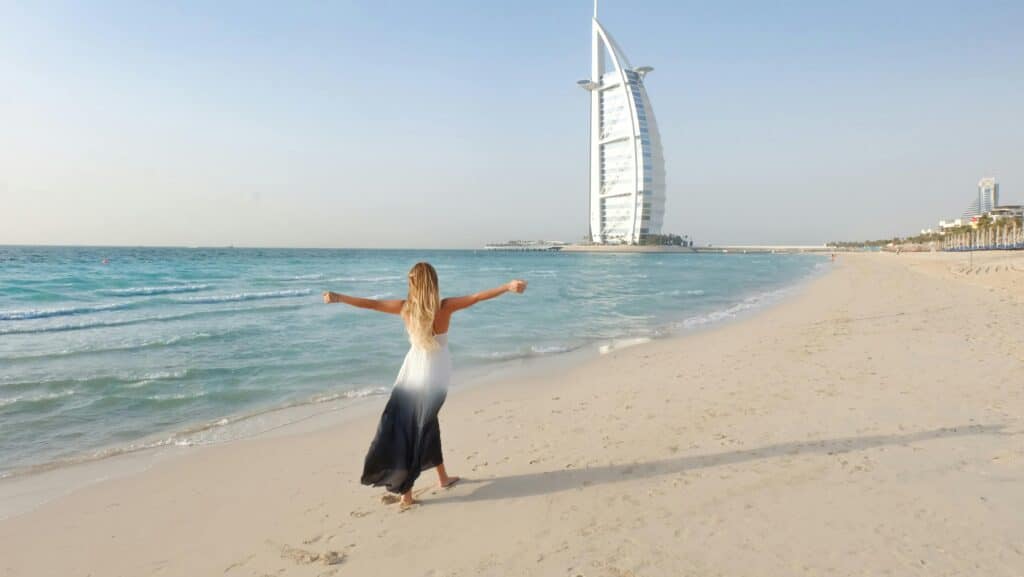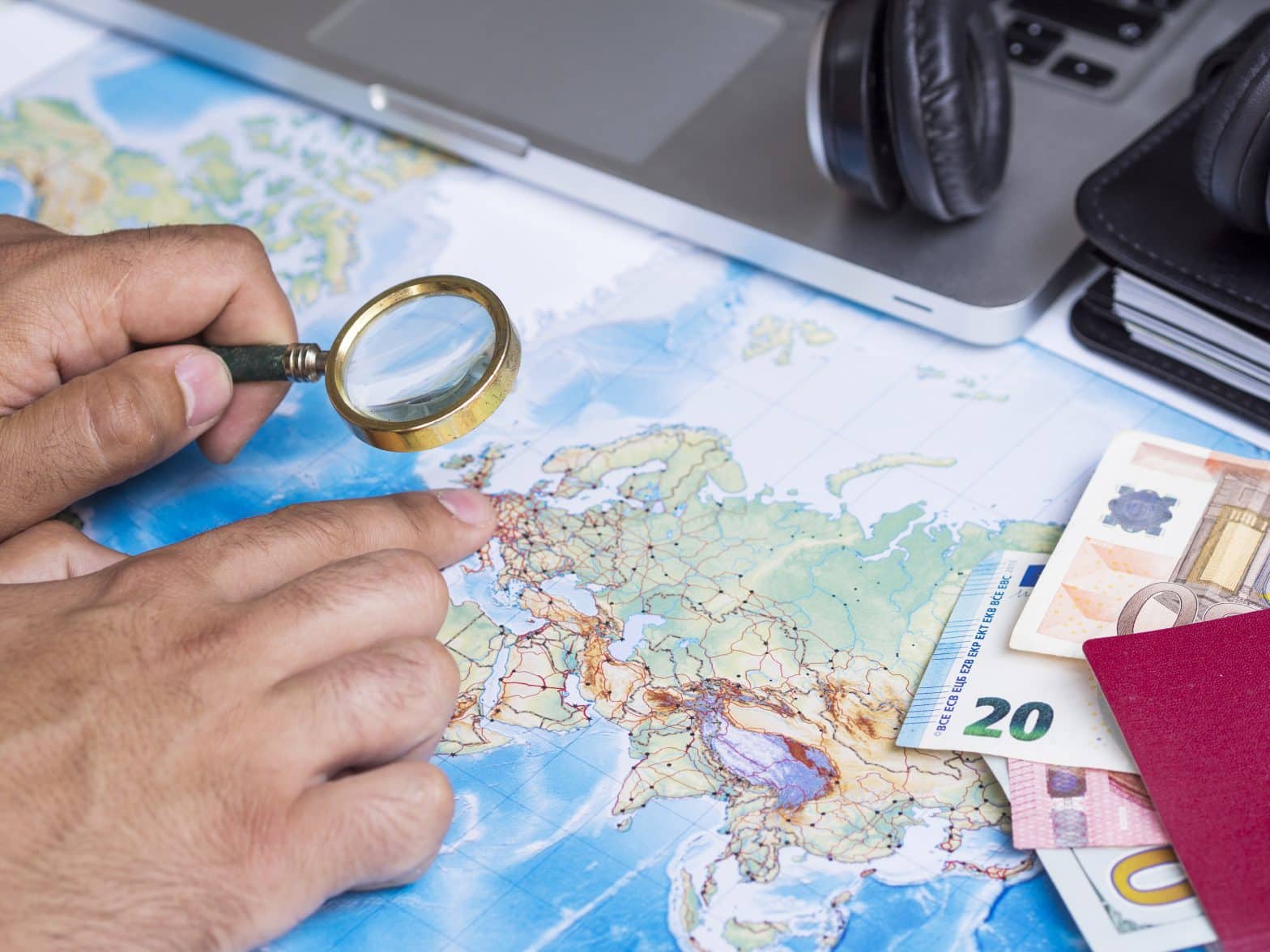Securing a jurisdiction free of both personal income tax and corporate tax can transform your finances, whether you are an entrepreneur, digital nomad or high-net-worth individual. A small group of nations offers exactly that—zero tax on wages, business profits, capital gains and dividends—funding public services instead through alternative revenues such as tourism levies, natural-resource royalties and consumption taxes. Below we delve into each fully tax-free country, outline residency and citizenship pathways, and explore the practical considerations you must weigh before relocating or investing abroad.
What qualifies a jurisdiction as fully tax free?
A fully tax-free country imposes 0% rates on:
- Personal income including wages, salaries and self-employment earnings
- Corporate income covering most business profits
- Capital gains and dividend distributions
- Withholding taxes on interest, royalties and foreign payments
These zero-tax models rely on indirect revenues—such as value-added taxes, import duties, license fees, real-estate transaction levies or natural-resource royalties—to fund government operations, infrastructure and social services. As a result, living costs and consumption taxes in these jurisdictions can be higher than in your home country.
Key Tax-Free jurisdictions
Monaco
The famed “Playground of Europe,” Monaco levies no personal income tax (except on French citizens) and minimal corporate taxation, relying instead on VAT and gaming-license revenues from its casinos.
- Personal Income Tax: 0% for residents (French nationals excluded)
- Corporate Income Tax:
- 0% if over 75% of turnover comes from local activity; otherwise 33.33%
- Alternative Levies: VAT 20%, social-security contributions
- Residency Options:
- Proof of substantial funds (bank deposit of ≥ EUR 500 000) and accommodation lease/purchase
- No path to citizenship for most—residency renewable indefinitely
- Highlights & Considerations:
- Extremely high real-estate and living costs—among Europe’s most expensive
- Exceptional healthcare and security; 0.9 doctors per 1 000 inhabitants
- Prominent financial-services and luxury sectors

United Arab Emirates (UAE)
The UAE offers 0% personal income tax across all seven emirates and recently introduced a 5% corporate tax only for large multinationals above a certain profit threshold. VAT, service fees and oil revenue fuel the state budget.
- Personal Income Tax: 0%
- Corporate Income Tax:
- 0% for most companies
- 9% starting 2023 on profits exceeding AED 375 000 for large firms
- Alternative Levies: VAT 5%, municipality fees, “tourism dirham” nightly hotel tax
- Residency Options:
- Golden Visas (5- to 10-year residency) for property investors, entrepreneurs and specialized talents
- Employment visas sponsored by UAE companies
- Highlights & Considerations:
- No restrictions on foreign ownership in designated free zones
- Cultural norms require adaptation for new residents

Brunei
An oil-rich sultanate on Borneo, Brunei imposes 0% personal and corporate taxes, generating state revenue through hydrocarbon exports and modest service-levy schemes.
- Personal & Corporate Income Tax: 0%
- Alternative Levies: No VAT, but service taxes on hotels and certain goods; customs duties apply
- Residency Options:
- Employment passes for foreign workers sponsored by local employers
- Investor visas for significant business investments
- Highlights & Considerations:
- Very high GDP per capita and subsidized utilities
- Strict Sharia-based legal system may require cultural adjustment
- Limited entertainment and dining options compared with neighboring Malaysia
The Bahamas
One of the most renowned Caribbean tax havens, the Bahamas draws retirees, second-home buyers and financial-services firms with an entirely tax-free environment. In place of income or corporate tax, the government raises revenue through tourism fees, import duties and a moderate value-added tax.
- Personal & Corporate Income Tax: 0%
- Alternative Levies: 12% VAT, import duties up to 40% on electronics and luxury goods
- Residency Options:
- Economic permanent residency via real-estate investment of at least USD 750 000
- Annual residence permit available with a fee of USD 500 – 1 000
- Highlights & Considerations:
- No tax on foreign-earned income or worldwide profits
- English-speaking, stable common-law system
- High import costs mean grocery and consumer prices often exceed U.S. averages
- Popular sectors include hospitality, finance and marine services
Bermuda
A premier reinsurance and insurance center, Bermuda boasts zero personal and corporate taxes, drawing multinational insurers and wealthy individuals. Payroll tax and steep customs duties fund public services, but living expenses rank among the world’s highest.
- Personal & Corporate Income Tax: 0%
- Alternative Levies:
- Payroll tax between 14% and 16%, borne by employers
- Customs duties from 0% to 45% (averaging 20% on most imports)
- Residency Options:
- “Residential Certificate” for those investing a minimum of USD 2.5 million in local property
- Work permits tied to employment contracts, with no pathway to citizenship
- Highlights & Considerations:
- Outstanding healthcare and education systems
- Limited land area makes housing scarce and expensive
- Strict immigration controls protect local labor markets
Cayman Islands
The world’s largest offshore finance center, the Cayman Islands maintain 0% tax rates across the board. Income from funds, banking and captive insurance drives government revenue via stamp duties and import tariffs.
- Personal & Corporate Income Tax: 0%
- Alternative Levies:
- Stamp duty on real-estate transfers (7.5% primary, 10% resale)
- Import duties up to 22% on food, vehicles and luxury goods
- Residency Options:
- Certificate of Permanent Residence for Persons of Independent Means with ≥ USD 2 million in local property
- Global Citizen Concierge Program for remote workers meeting salary and health-insurance thresholds
- Highlights & Considerations:
- No exchange-control restrictions; easy capital repatriation
- World-class legal and financial services industry
- High cost of living—especially rents and schooling
British Virgin Islands (BVI)
As a leading offshore company registry, the BVI imposes zero personal and corporate taxes, raising funds instead through license fees, payroll levies and real-estate stamp duties. Its straightforward incorporation process makes it a favorite among international entrepreneurs.
- Personal & Corporate Income Tax: 0%
- Alternative Levies:
- Employer payroll tax of 10%
- Stamp duty of up to 12% on property and share transfers
- Residency Options:
- Investor Residence Certificate with USD 500 000 minimum real-estate investment
- Work permits via local sponsorship for employees
- Highlights & Considerations:
- English common-law jurisdiction with strong asset-protection trusts
- Limited public infrastructure—expats rely on private schools and healthcare
- Elevated cost of utilities and imported goods
Saint Kitts and Nevis
One of the earliest adopters of a citizenship-by-investment program, Saint Kitts and Nevis offers 0% personal income tax and favorable corporate tax treatment for licensed banks. The archipelago sustains government operations through real-estate transfer taxes and a modest VAT.
- Personal Income Tax: 0%
- Corporate Income Tax:
- 0% on banks licensed under the International Banking Act
- 33% on other local businesses
- Other Levies: Property tax, VAT 17%, customs duties
- Residency/Citizenship Options:
- Citizenship by Investment from USD 150 000 donation to the Sustainable Growth Fund
- Or USD 200 000 minimum real-estate investment
- Highlights & Considerations:
- Visa-free or visa-on-arrival access to 150+ countries
- Dual citizenship permitted; no residency requirement after naturalization
- Small local market; most professionals rely on external contracts
Vanuatu
A Pacific island nation blending Melanesian culture with a 0% income and corporate tax regime, Vanuatu funds itself through a 12.5% VAT, customs duties and fees from its citizenship-by-investment scheme.
- Personal & Corporate Income Tax: 0%
- Alternative Levies: VAT 12.5%, customs duties, business license fees
- Residency/Citizenship Options:
- Contribution of USD 130 000 to the Development Support Program
- Optional real-estate investment route
- Highlights & Considerations:
- No exchange controls; easy repatriation of profits
- Limited medical infrastructure; expats rely on air evacuation for serious care
- Environmental vulnerability to cyclones and rising seas
Emerging digital nomad regimes and virtual residency opportunities
As global workforces become increasingly mobile and companies shift toward distributed teams, a growing number of fully tax‑free jurisdictions have begun offering specialized “digital nomad” visas and virtual residency programs designed to attract remote workers without requiring traditional economic‑substance criteria. These schemes typically allow applicants to live and work in the country for one to three years often extendable while enjoying 0% personal income tax.
For example, the UAE’s “Virtual Working Program” permits overseas employees to legally reside in Dubai or Abu Dhabi with full access to healthcare, schooling and coworking spaces, without local corporate‑substance requirements; similarly, Barbados’s “Welcome Stamp” and Bermuda’s “Work from Bermuda” visa both grant 12‑month stays to remote professionals, combining zero local income tax with robust digital‑infrastructure support and streamlined application processes.
Beyond Caribbean and Gulf states, certain European micro‑jurisdictions like Monaco and Malta are exploring e‑residency models providing digital ID cards and online government services that facilitate company formation, banking and compliance filings, all under a zero‑or‑low‑tax umbrella for non‑resident entrepreneurs.

While these programs minimize the bureaucratic hurdles of securing traditional residence permits, candidates must still demonstrate proof of employment or ongoing business operations, maintain valid health insurance and show minimum annual income thresholds (often ranging from USD 50,000 to USD 100,000).
Crucially, participants should examine the interplay between their home‑country tax residency rules and the duration of stay permitted under the nomad visa to avoid unintended tax liabilities or dual‑residency status. They should also consider the quality of internet connectivity, co‑living options, local cost of living and cultural integration support offered by nomad hubs factors that can materially affect both personal well‑being and professional productivity.
As digital nomadism continues to reshape remote work norms, these virtual residency pathways are becoming indispensable tools for high‑earning professionals seeking to optimize their tax position while retaining the flexibility to work from some of the world’s most business‑friendly, fully tax‑free environments.
Residency and citizenship by investment
Many tax-free countries sweeten the offer with “golden visas” or citizenship-by-investment schemes, granting residency or passports in exchange for:
- Real-estate purchases ranging from USD 150 000 to USD 2.5 million
- Government donations to development funds or national projects
- Business or job-creation investments meeting minimum capital thresholds
These programs typically require clean criminal records, proof of legitimate wealth, and minimal physical-residence obligations, delivering benefits such as visa-free travel, asset protection and global tax planning flexibility.
Critical risks and caveats
Though entirely tax free, these jurisdictions carry their own challenges:
- Reputation and regulatory pressure: “Tax havens” face scrutiny from the OECD, EU and FATF, leading to tighter substance rules and information-exchange agreements.
- High cost of living: Island nations often import most goods, pushing up grocery, utility and real-estate prices.
- Infrastructure gaps: Remote locations may lack advanced healthcare, education and transportation.
- Compliance complexity: Navigating residency permits, licensing requirements and local legal frameworks demands expert advice to avoid inadvertent non-compliance.
Final considerations for expats and investors
Before committing to a fully tax-free jurisdiction, carefully assess:
- Your true tax residency under home-country rules to prevent dual taxation or unexpected liabilities
- Long-term living costs compared to anticipated tax savings
- Quality of infrastructure, healthcare and education in your chosen location
- Alignment with global anti-avoidance regulations and economic-substance requirements
By balancing zero-tax advantages with lifestyle, legal and regulatory factors, you can determine whether one of these fully tax-free countries aligns with your financial goals, professional ambitions and quality-of-life expectations.


